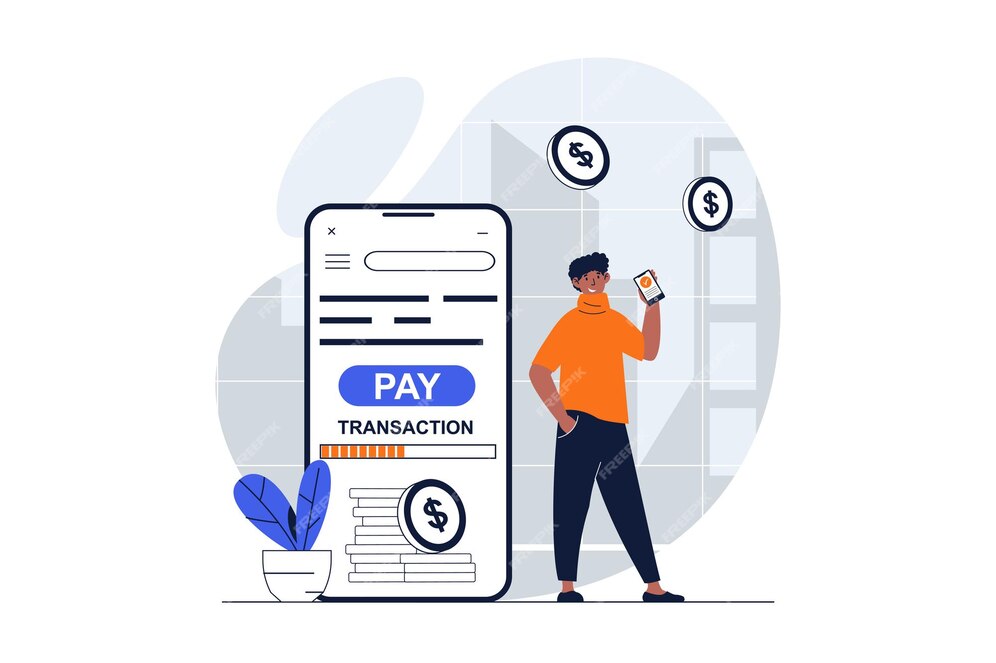If you are still using traditional methods for collecting regular payments, you must be facing problems with loads of manual follow-ups. This is a major problem keeping your company from growing. It is crucial that the finance side of your business follows all the new updates, otherwise, you can be stuck with payment failures, delayed collection, and operational inefficiencies.
As consumer expectations evolve, efficiency and convenient interfaces are preferred. Shift to UPI recurring payments– a modern, automated solution that promises to transform how payments are collected.
But how did the UPI recurring system transform the payment system and replace the traditional landscape? Let’s see what UPI brings to the table-
What Sets UPI Recurring Payments Apart?
In India, the Unified Payment Interface (UPI) has introduced a new dimension to the financial landscape. Its recurring payment feature continues this by building on efficient systems, offering numerous advantages over its traditional methods.
- Automation for Seamless Collections: The most noticeable impact of UPI recurring payments might be eliminating manual intervention. A consent-approved mandate is set up with your customers, this allows your business to automate regular collections. This ensures timely payments and minimizes constant reminders after the due date.
- Real-time Payments Tracking: With UPI, there are no delays and businesses are always in the loop with real-time updates. This helps your cash flow management on a timely basis and allows you to reduce uncertainty factors.
- Customer Convenience at its Best: The traditional collecting method which used to take a long time is now reduced to just a few taps. Customers are also notified before every deduction, giving them complete control.
- Enhanced Security Features: Recurring payments based on UPI are authenticated by strong two-factor authentication, which gives customers peace of mind about their data, transactions, and security.
- Cost-Effective Solutions: The overall operational cost for a business is reduced by completely eliminating paperwork and shortening processing delays and administrative efforts. This is a relief, especially for small and mid-sized enterprises.
Real-Life Benefits for Financial Institutions
Here are three key benefits of UPI recurring payments:
- Improved Payment Success Rates: Businesses can get better collection efficiency and consistent money flow through an instant transaction.
- Better Customer Retention: a smooth payment experience builds trust and customers stay loyal to such a service.
- Scalability with Minimal Hassle: Unlike traditional methods,UPI grows with a business, handling increasing transaction volumes without additional strains on resources.
UPI vs. Traditional Payment Method
| Features | UPI Recurring Payments | Traditional Methods |
| Automation | Full automated workflows | Manual processes dominate |
| Security | Advanced encryption & 2FA | Basic protection |
| Customer | High | Limited |
| Payment speed | Instant | Delayed |
As you see above traditional payment methods are far more inefficient compared to UPI recurring payment methods. Its high dependency on manual processes is heavily reliant on human intervention. This can lead to errors, missed payments and a higher administrative burden. Traditional methods also lack a real-time payment update, provide limited flexibility, and have a higher operational cost.
The financial landscape is always subjected to change and business must adapt to grow towards more customer-friendly payment solutions. UPI recurring payments with their speed, automation, and cost-effectiveness are undeniably the smarter choice. Financial sectors have evolving demands and we at Paycorp understand them. Our recurring payment solution leverages the power of UPI to simplify collection, reduce operational cost, and enhance the customer experience. Contact us to learn more about how you can take your business to the next level. Transform your payment processes!




